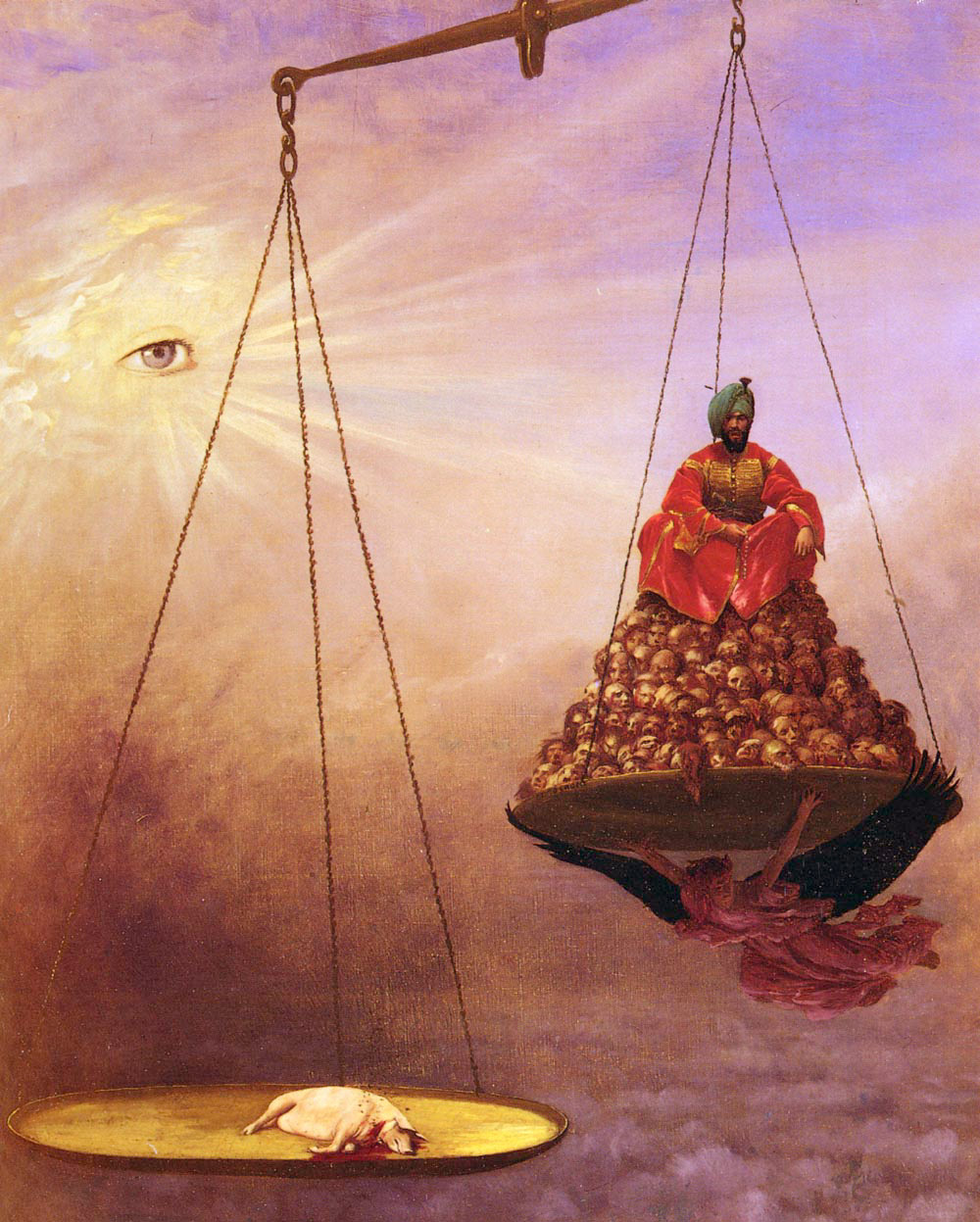
3. The teachers of the law and the Pharisees brought in a woman caught in adultery. They made her stand before the group 4. and said to Jesus, “Teacher, this woman was caught in the act of adultery. 5. In the Law Moses commanded us to stone such women. Now what do you say?” 6. They were using this question as a trap, in order to have a basis for accusing him.
But Jesus bent down and started to write on the ground with his finger.
7. When they kept on questioning him, he straightened up and said to them, “Let any one of you who is without sin be the first to throw a stone at her.” 8. Again he stooped down and wrote on the ground.
9. At this, those who heard began to go away one at a time, the older ones first, until only Jesus was left, with the woman still standing there. 10. Jesus straightened up and asked her, “Woman, where are they? Has no one condemned you?”
11. “No one, sir,” she said.
“Then neither do I condemn you,” Jesus declared. “Go now and leave your life of sin.”
(john 8:3-11. NIV)
Can we see that, out of all the people in the story Jesus told, only one received His forgiveness—the one facing judgment, not casting it. As long as you are in the judgment seat, Jesus says you are actually going to receive it the most!
"Do not judge, or you too will be judged."For in the same way you judge others, you will be judged [if we judge with an evil heart or dark intent, His judgment of us will reflect it; if we judge nobly with honesty and justice, His judgment of us will reflect that, too], and with the measure you use, it will be measured to you [if we use extremes or exaggerations or other ignoble means, His judgment of us will reflect it and judging with fairness and compassion will garner likewise in His judgment of us]. " Matthew 7:1-2.
It's like you are trying to dig your way out of a ditch, but with every pile of dirt you shovel out, one more is piled in. That's what happens when you judge others. In fact, Jesus goes on to say that the bad you see in others are actually your own flaws:
''Why do you look at the speck of sawdust in your brother's eye [point out his sins, "minor" in Jesus' example here] and pay no attention to the plank in your own eye [our own sins, even and especially those we will not admit, magnified by our selective blindness]?
How can you say to your brother, 'Let me take the speck out of your eye,' [tell him of his "minor" sins] when all the time there is a plank in your own eye [that there are greater or the same sins in our own lives which we do nothing about or think we are above]?
You hypocrite* [pointing out the sins of others while by pretense thinking of ourselves as above sin], first take the plank out of your own eye [sincerely ask the Lord for forgiveness and learn and live the Truth and Light by His Word], and then you will see clearly [be in a righteous position] to remove the speck from your brother's eye [to judge and to help him out of his bondage to sin]." (Matthew 7:3-5)
It's like you were sitting in your house, noticing everyone's flaws out the window, but what you don't realize is that you're not looking at a window, but a mirror. And every judgment you cast on "others" is actually one you're casting on yourself.
At Galilee, the Decapolis, Jerusalem, Judea and the region across the Jordan, Jesus was talking to the multitudes gathered there after hearing of His message and of His healings to beseech them to not become like the pharisees and hypocrites who think they are above sin.
Likewise, I beseech you all, Judge Not unfairly, and You Will Not Be Judged unfairly, have a merciful week, and not a wicked judgement.
Our God is great and full of Compassion.
E.A Olatoye
Do Not Judge Unfairly
![Do Not Judge Unfairly]() Reviewed by E.A Olatoye
on
July 29, 2016
Rating:
Reviewed by E.A Olatoye
on
July 29, 2016
Rating:






No comments:
Your comments and recommendations will be appreciated